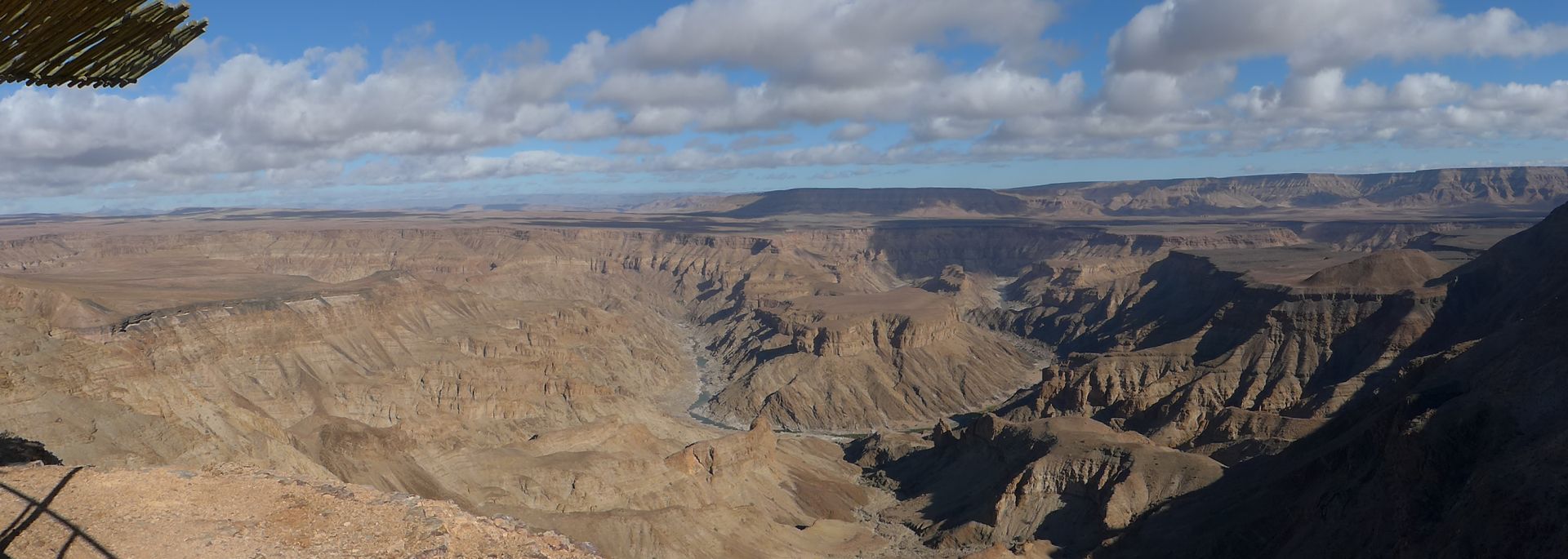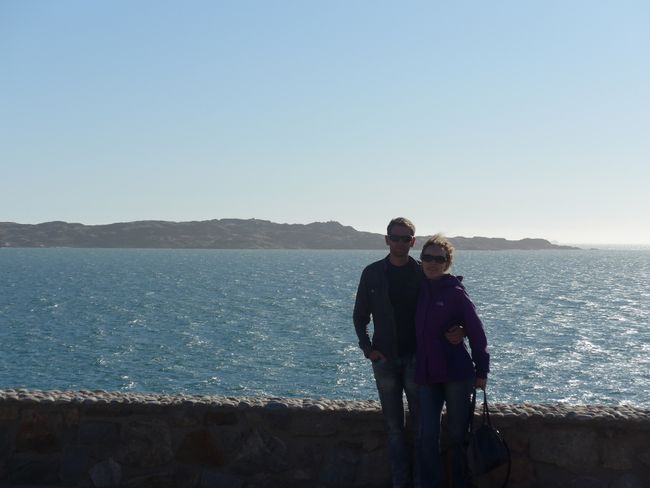Über Land nach Nan (Thailand Part 9)
Diterbitkeun: 15.03.2019
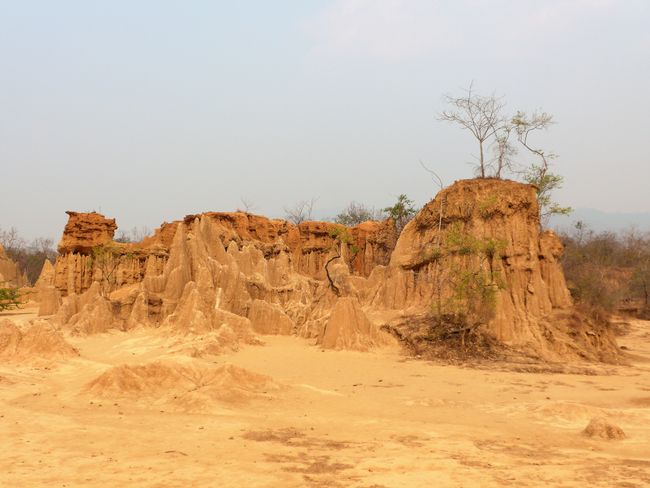
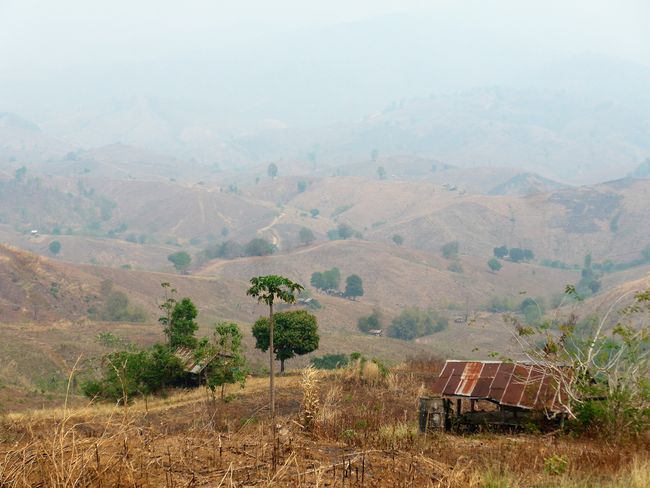
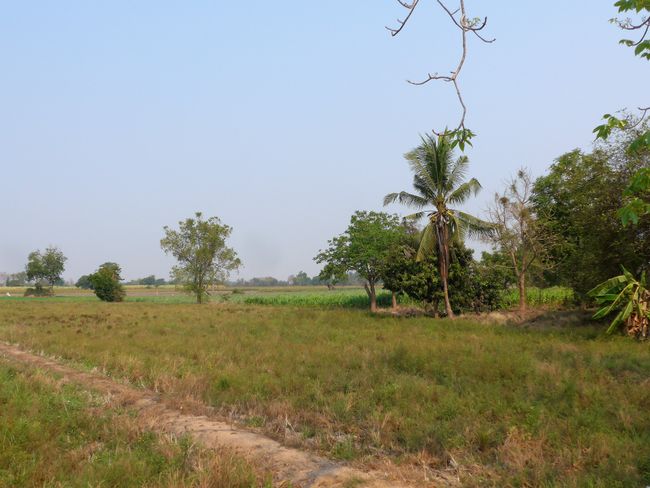
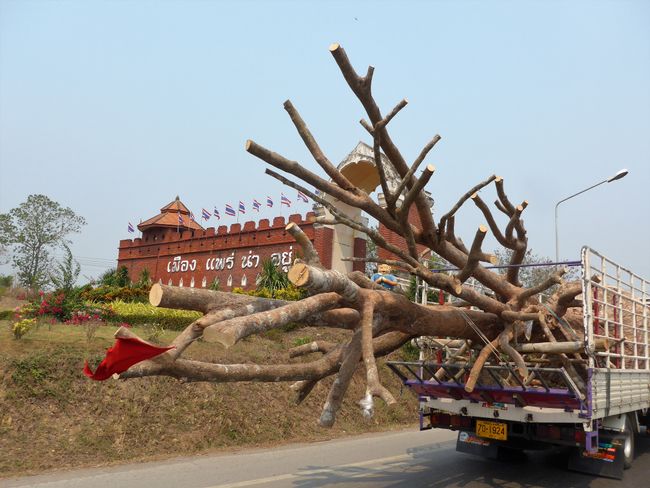
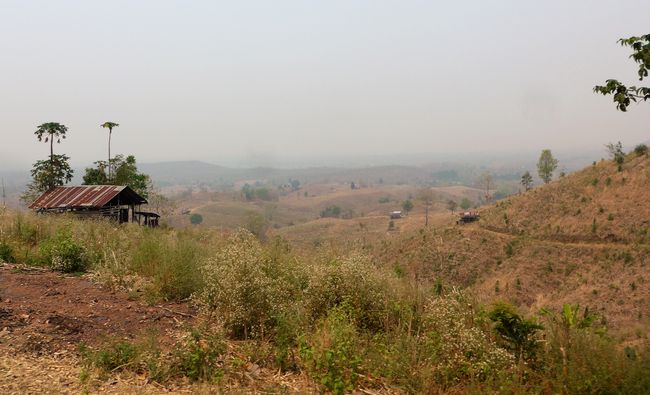
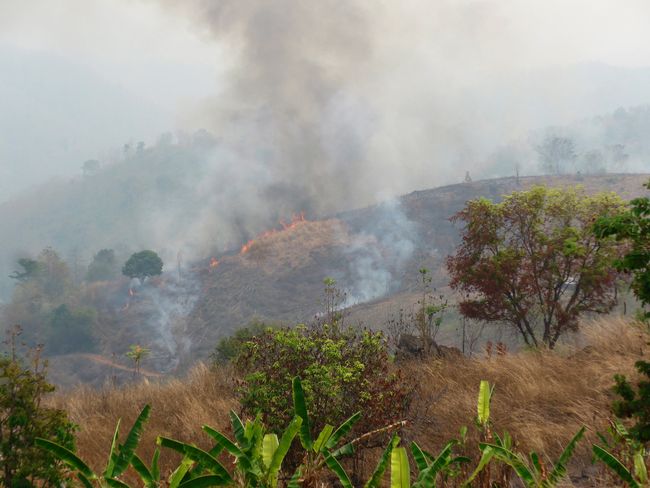
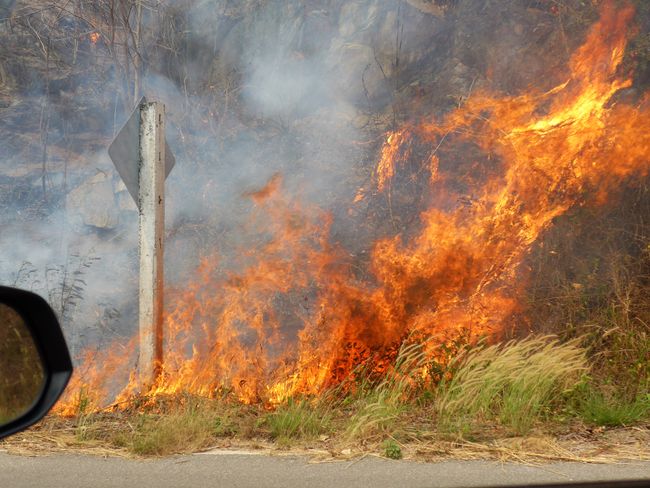
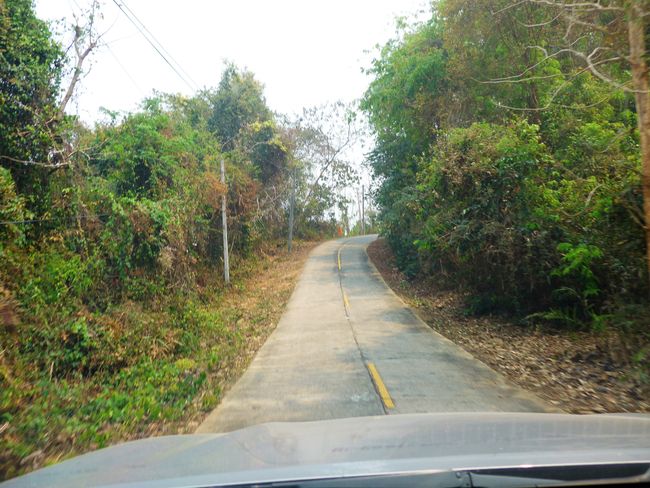
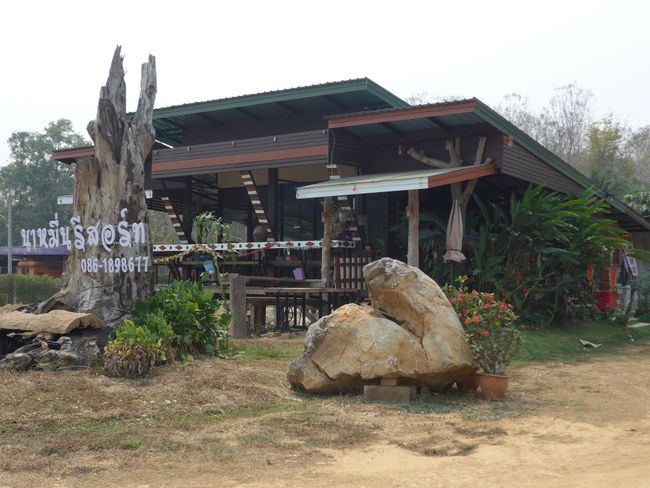
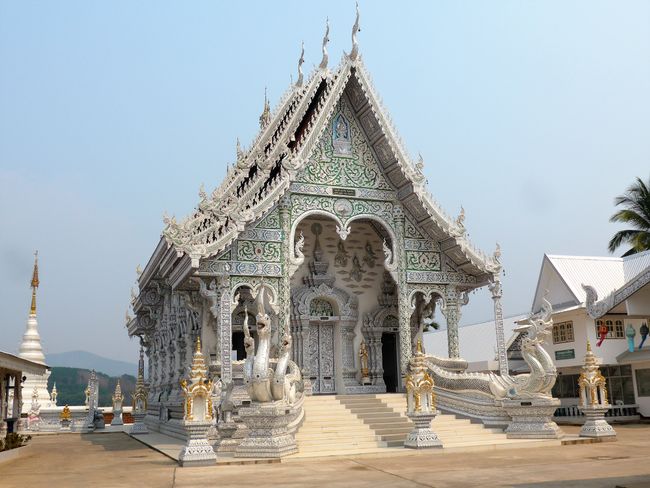
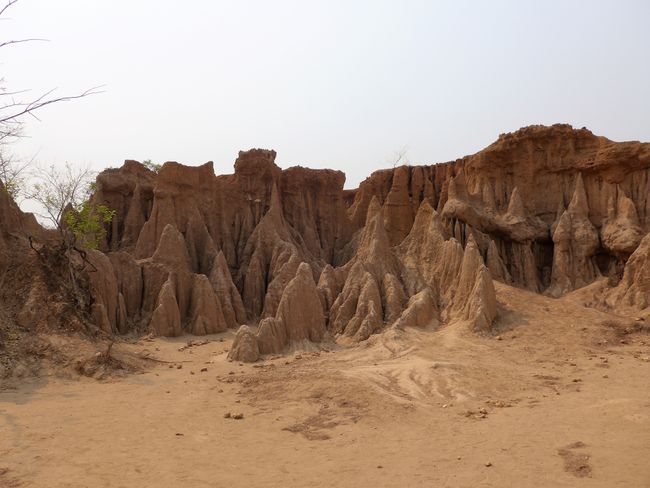
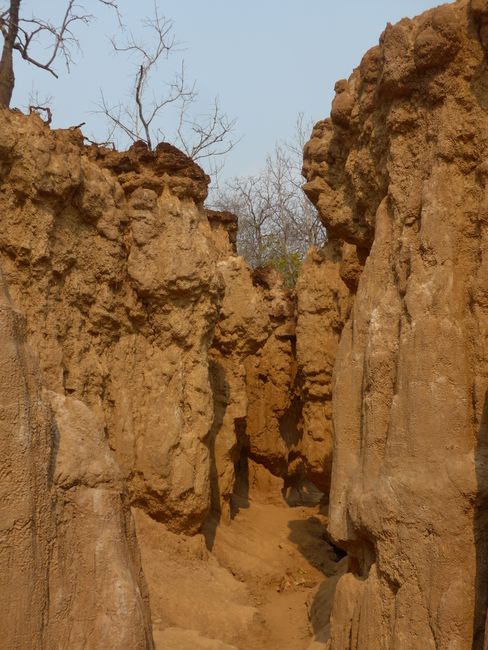
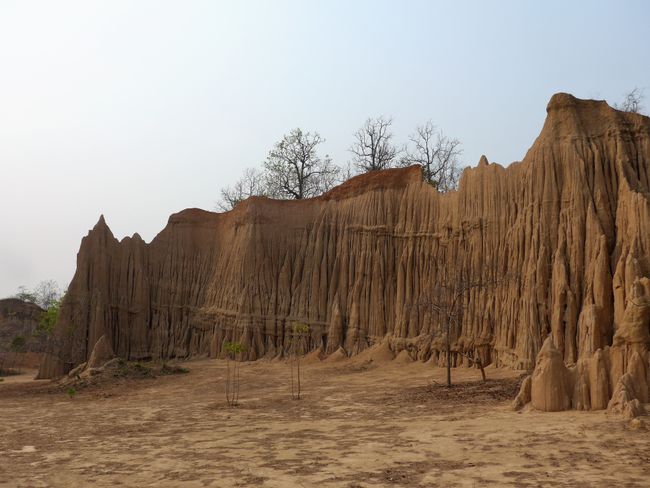
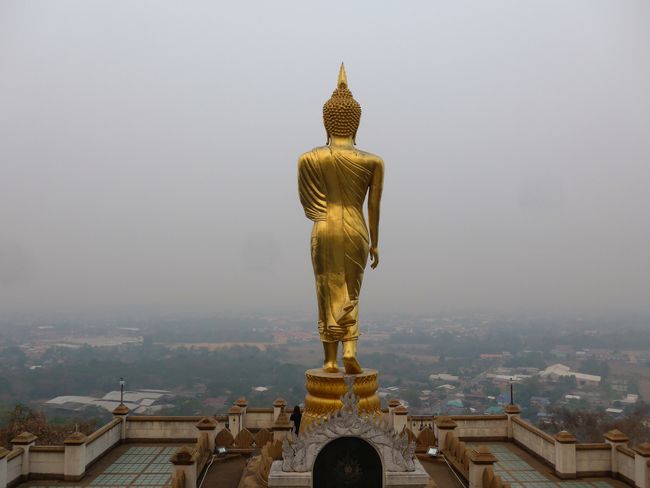
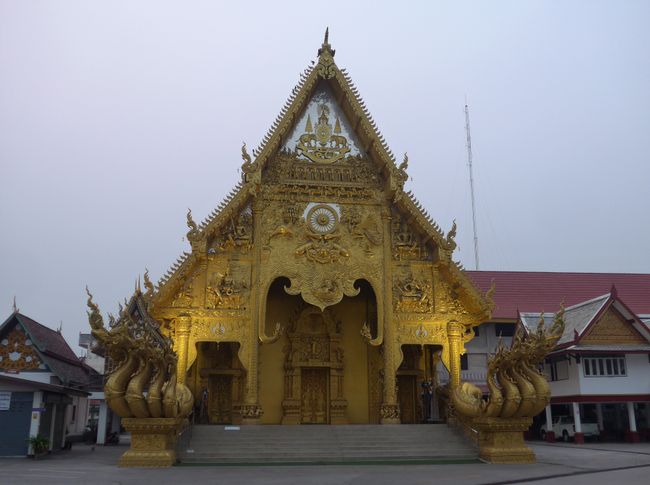
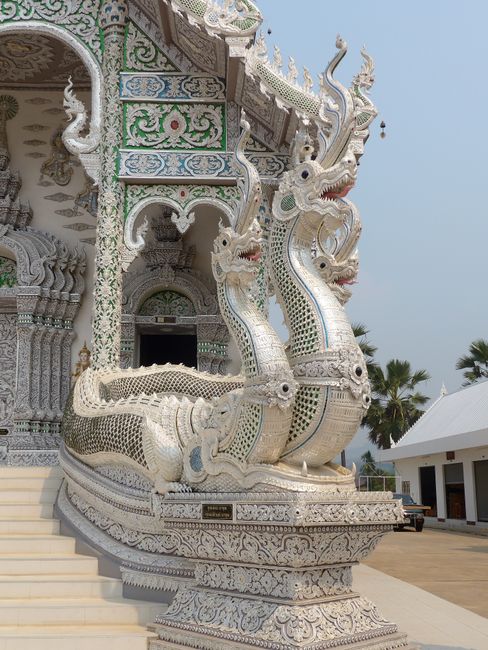
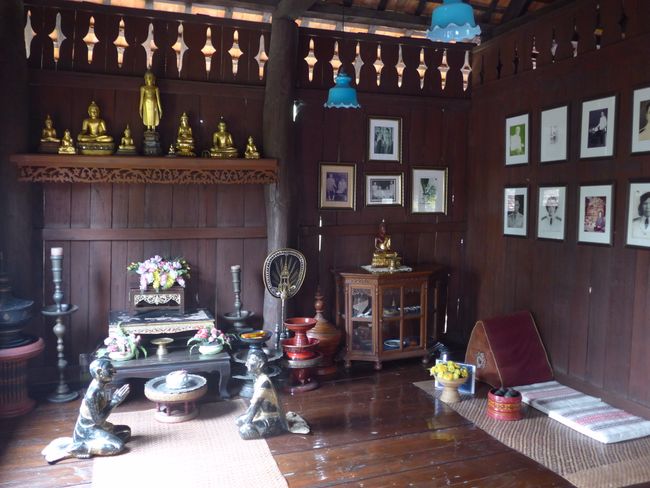
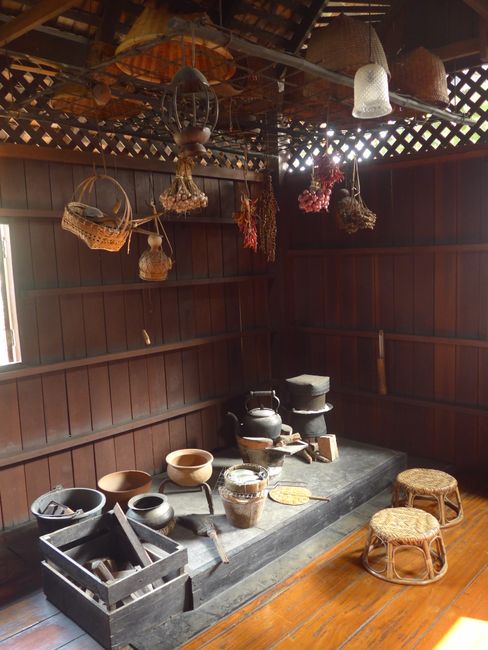
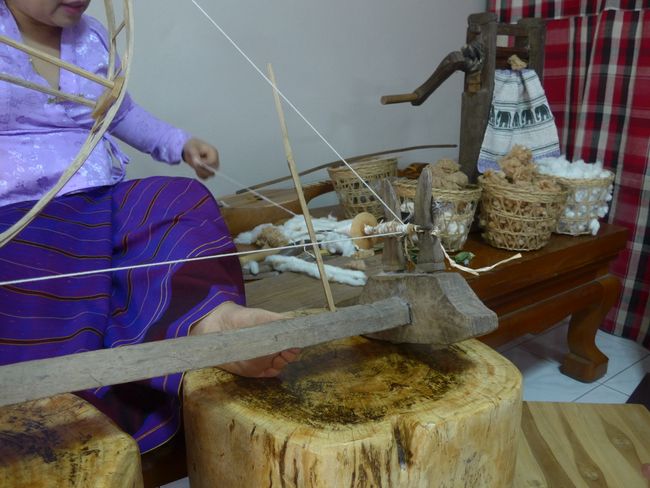
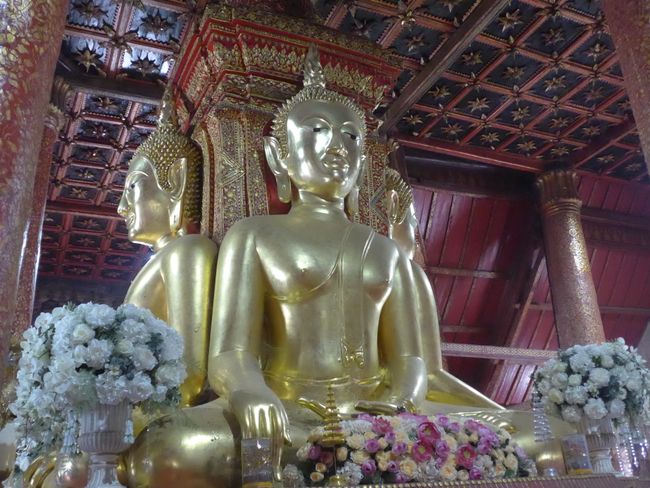
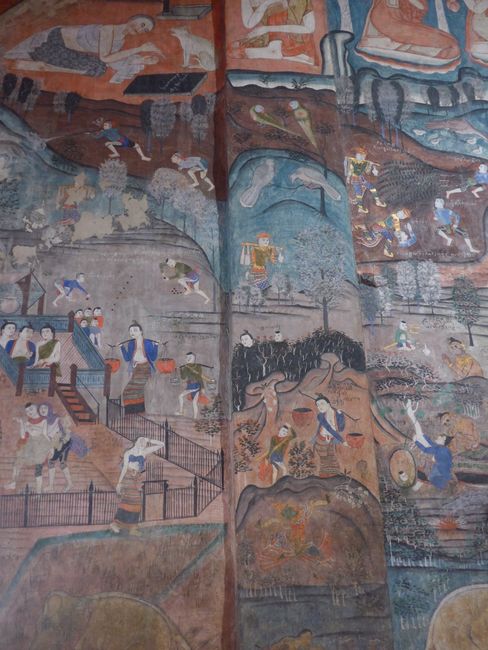
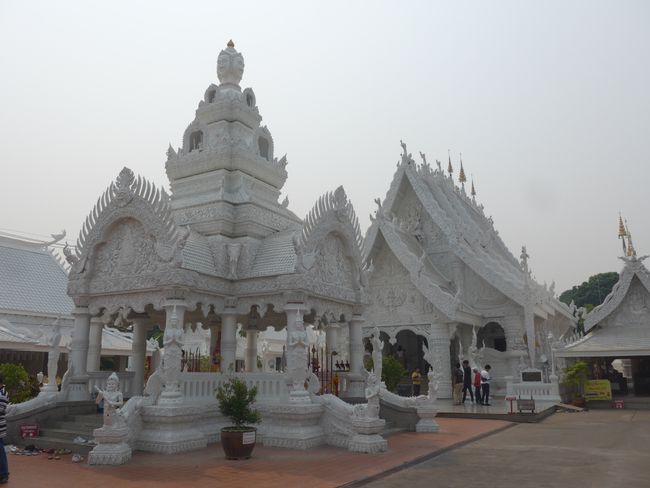
Ngalanggan Newsletter
We thought long and hard about how to get from Sukhothai to Nan: We had the choice between the route via Lampang, a former trading city, or through national parks. We decided on nature and eventually for the less adventurous route, avoiding the ferry that looked like a collection of floating wooden planks in pictures.
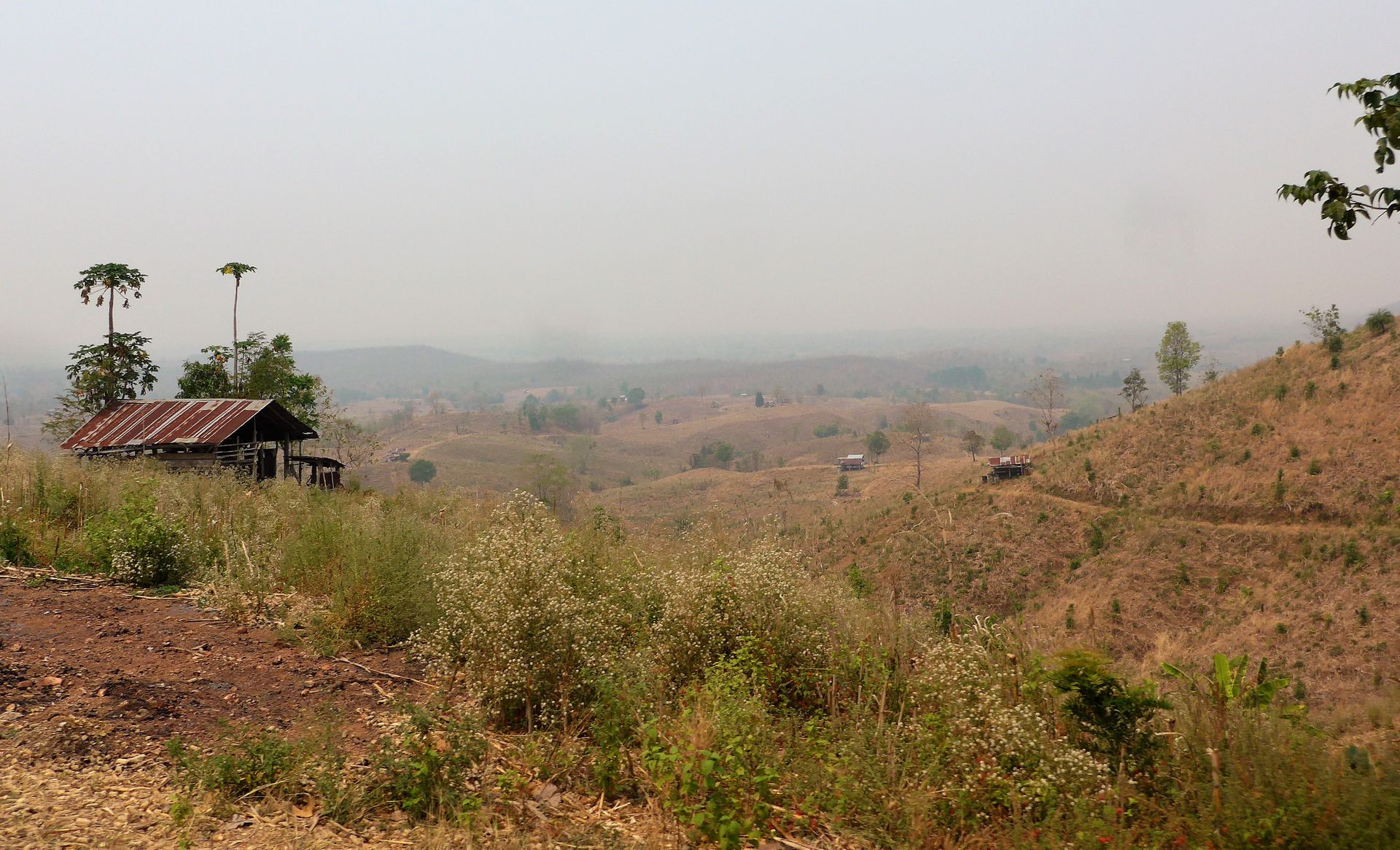
On the way, we passed many fields where rice and often corn were grown.
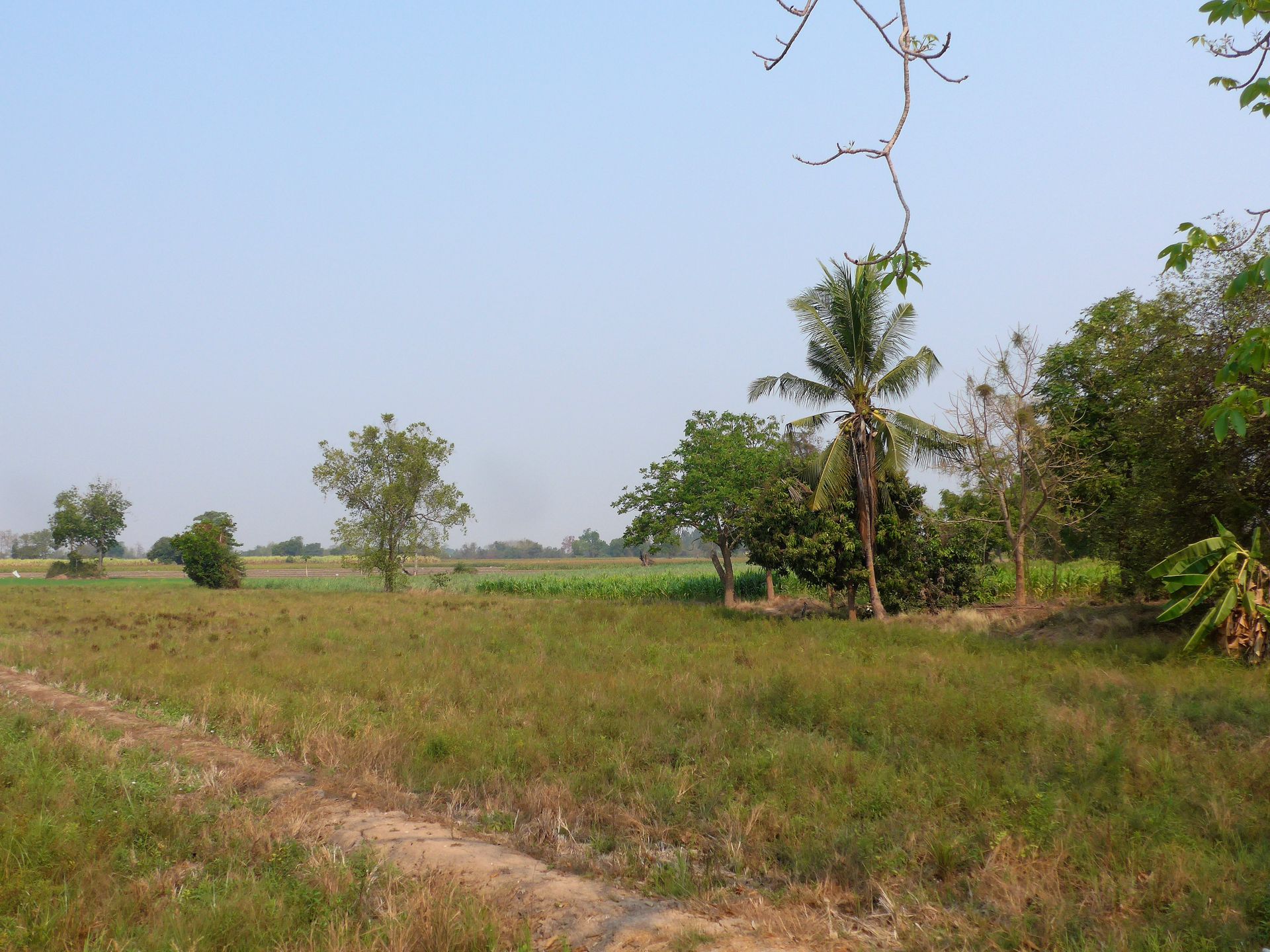
Even the smaller roads were initially well developed and the traffic was somewhat chaotic but pleasant to drive. We were overtaken by a tree and met many pickups. We have already learned from a local why these vehicles with the open cargo area are so popular in rural areas: You can transport many more people on them than on a back seat.
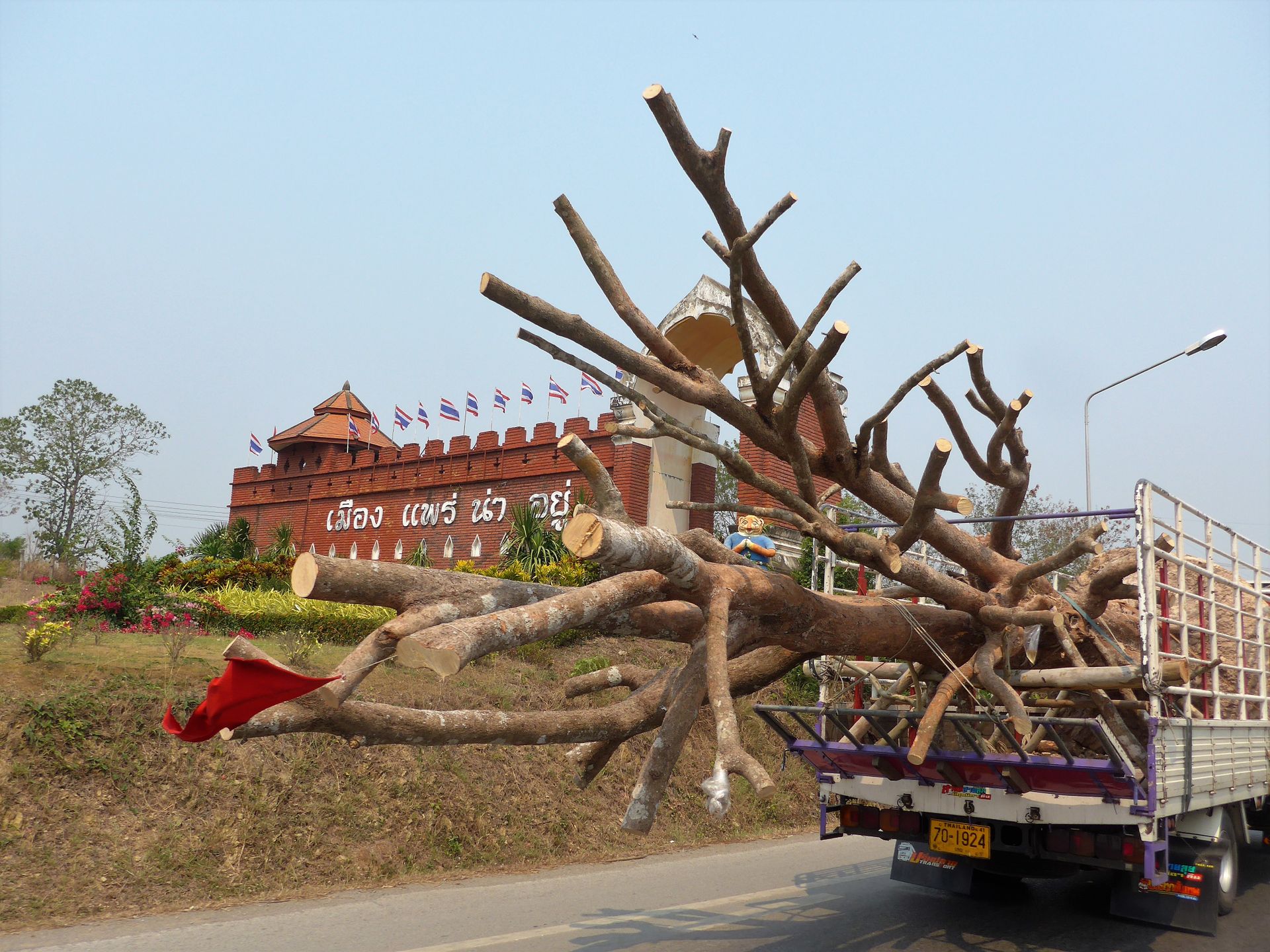
Instead of driving directly on the 101 to Nan, we chose the 1342 road into more mountainous terrain.
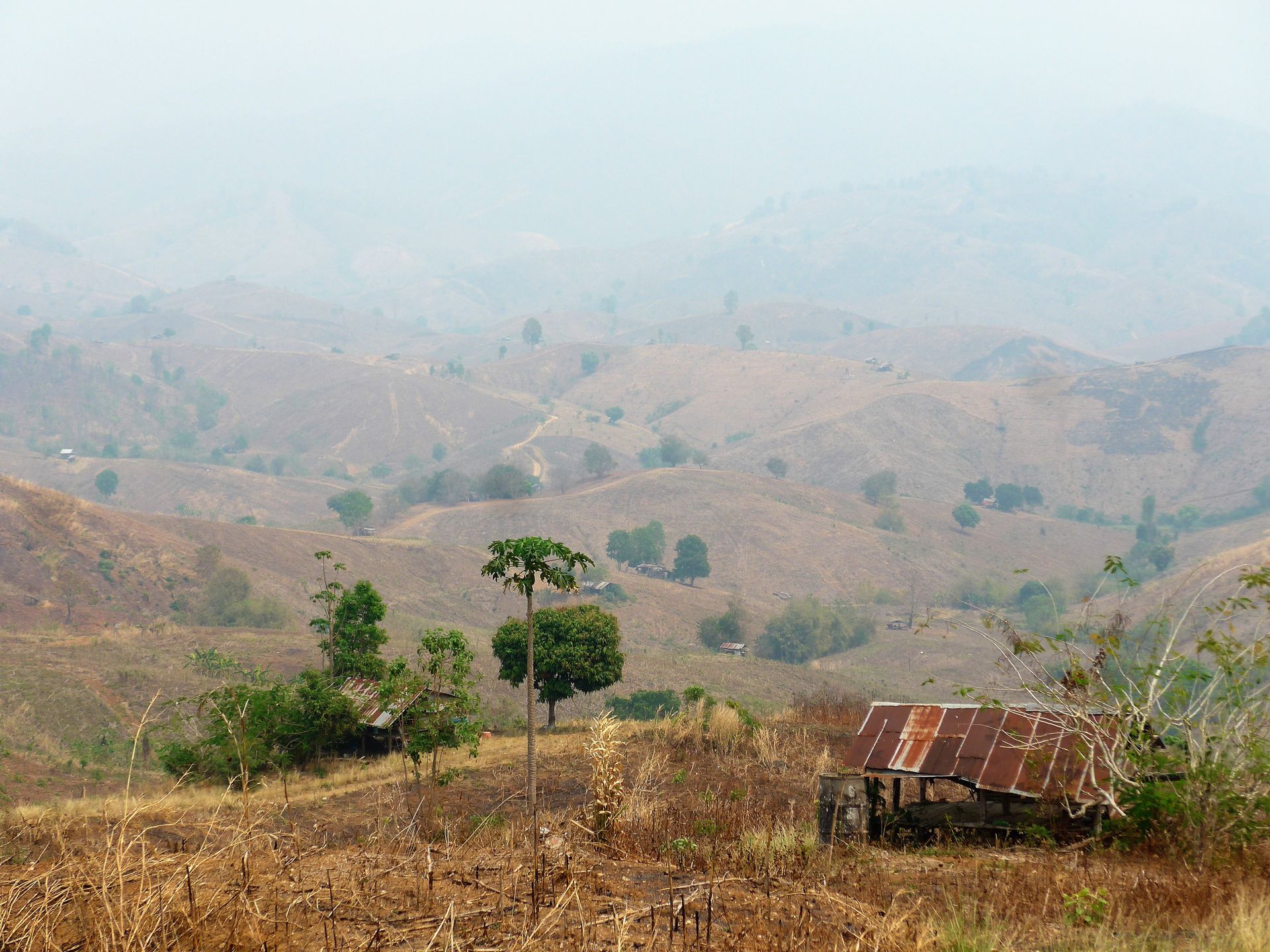
It was quite hazy, but we also saw real smoke rising nearby. It was extremely dry and we saw a fire.
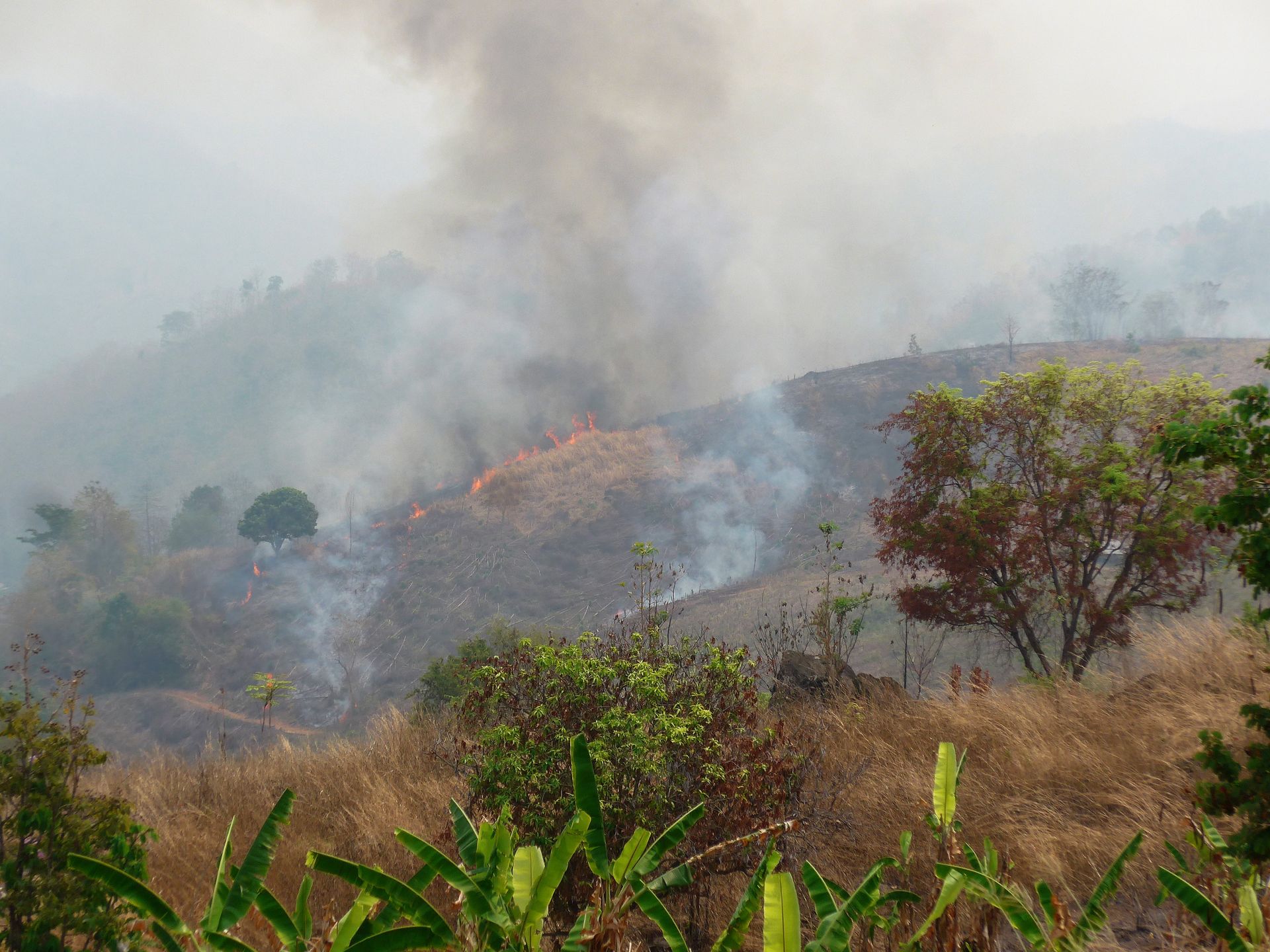
Then we realized that our road led in exactly this direction after a bend. In fact, there was also a fire right next to us on the side of the road. Afterwards, the road led in a different direction.
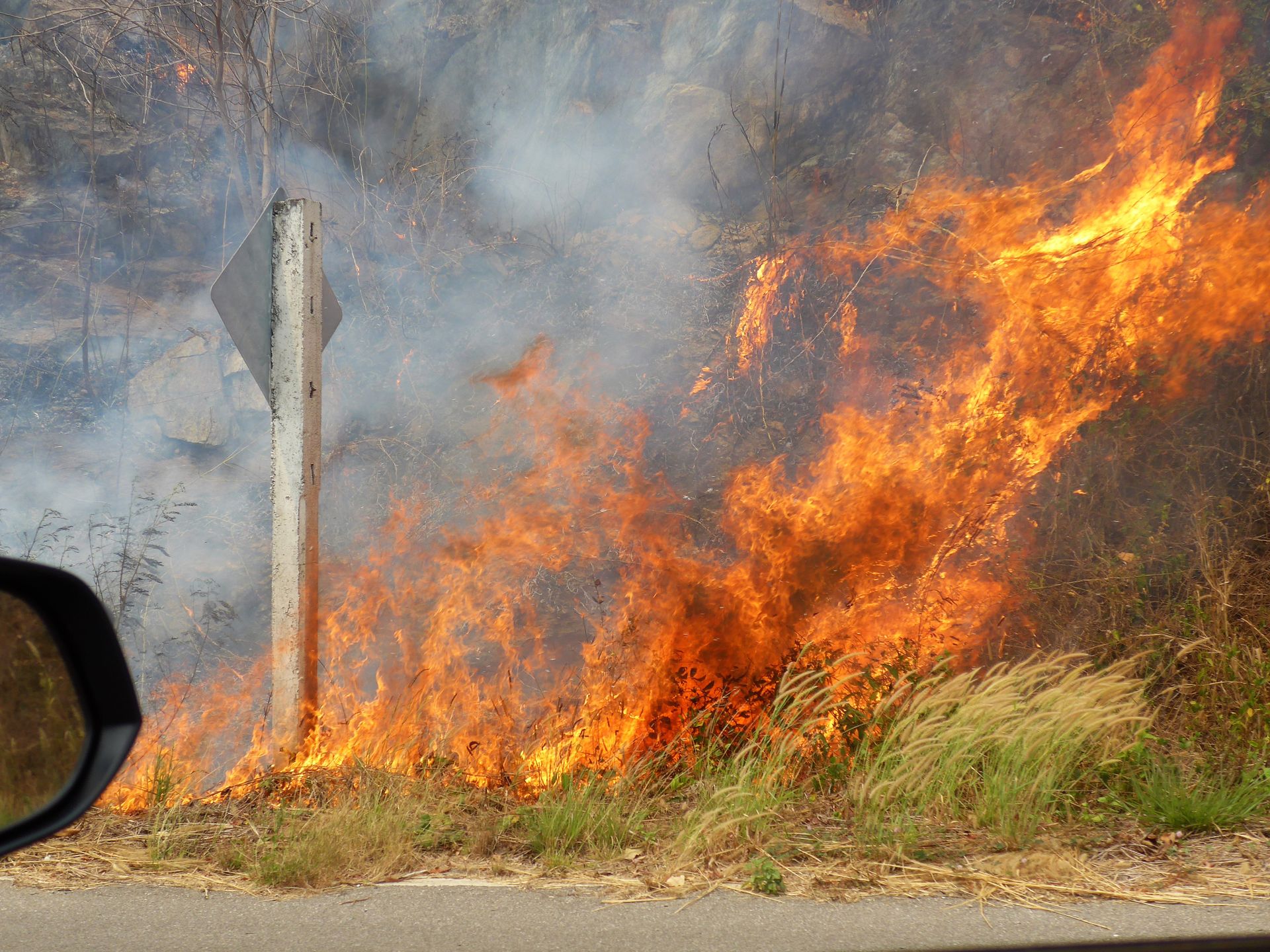
With the 4010, we continued on a "rural road". At first there was even a median strip - even though it didn't look like our car would fit on one side...

After the road meandered through the mountains for a while with a lot of ups and downs, it became larger again and we reached a fairly extensive mountain village where we also found a restaurant.

We were greeted kindly, but of course there was no English menu here and very limited English skills. Since we had already received bamboo salad instead of the hoped-for stir-fried noodles after an order based on pictures, we tried to order a dish with the help of an online translation. Unfortunately, the search didn't give us the desired Thai word, but recipe suggestions... but finally we found someone who could speak two words of English: rice and chicken. So we had chicken and rice for lunch.
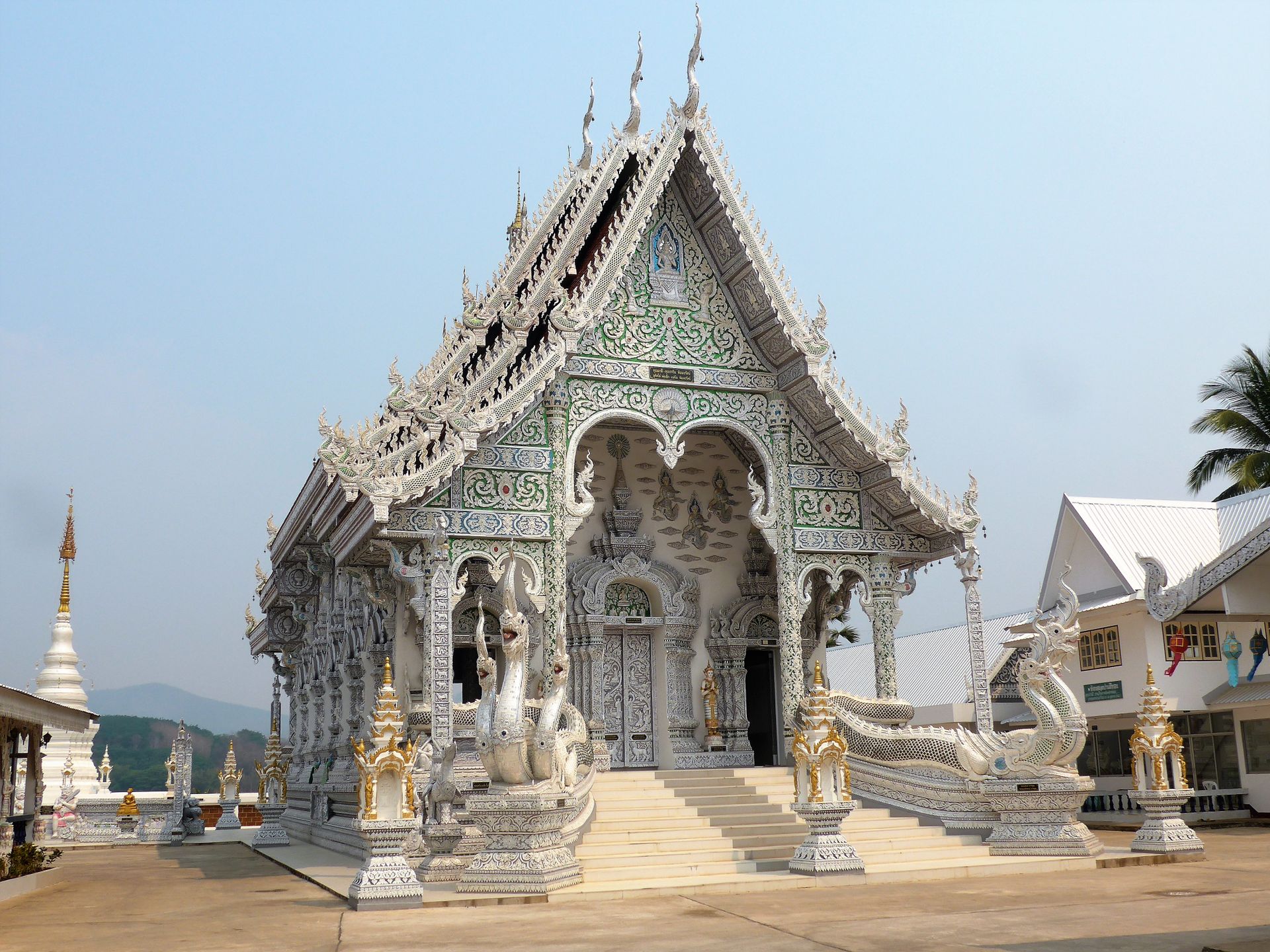
Shortly afterwards we discovered an impressive temple in Na Muen. It shone at us on the road in white with many decorations, so we stopped briefly here.
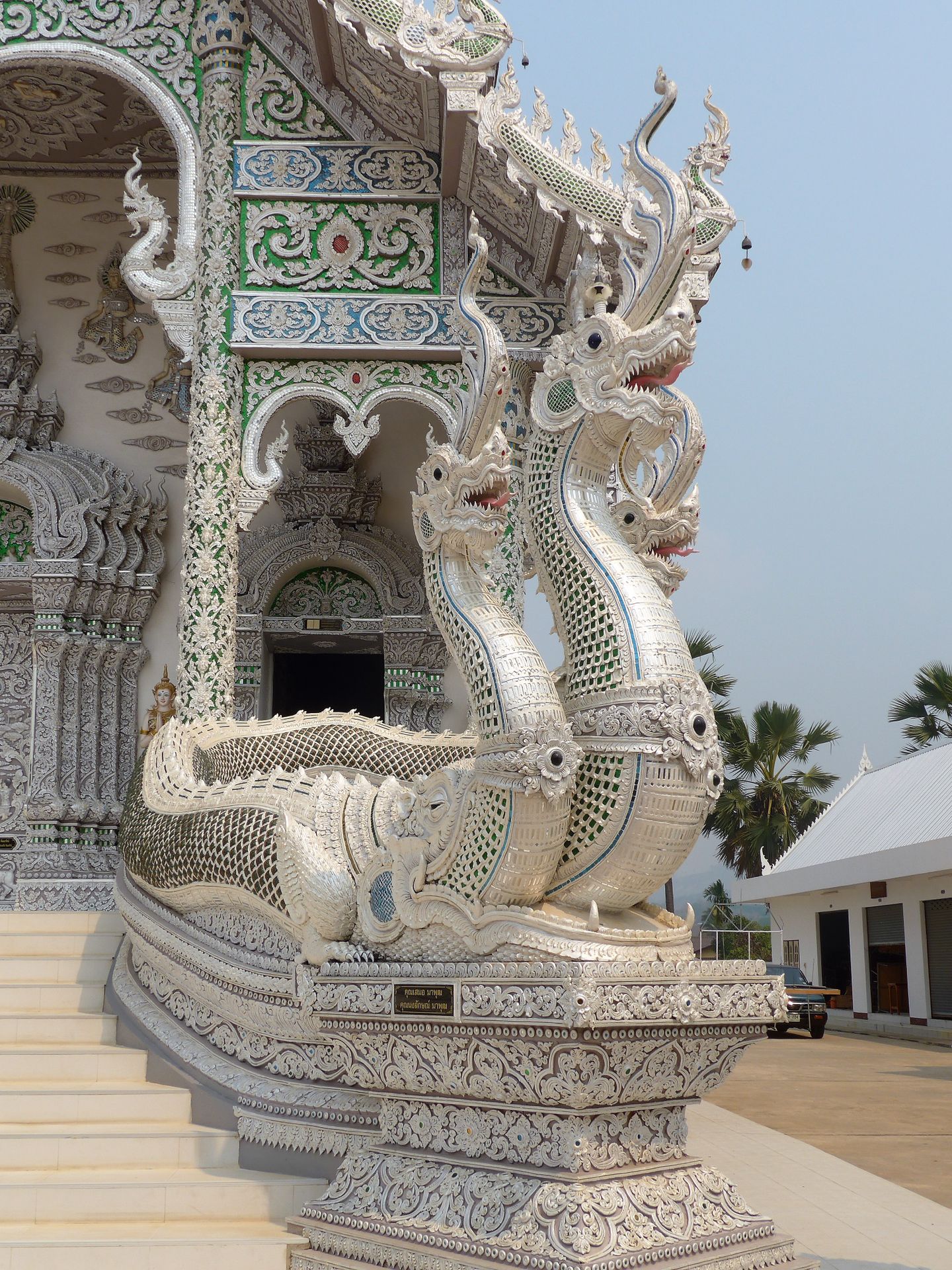
To see more of the national park, we drove to rock formations in Sao Din Na Noi.
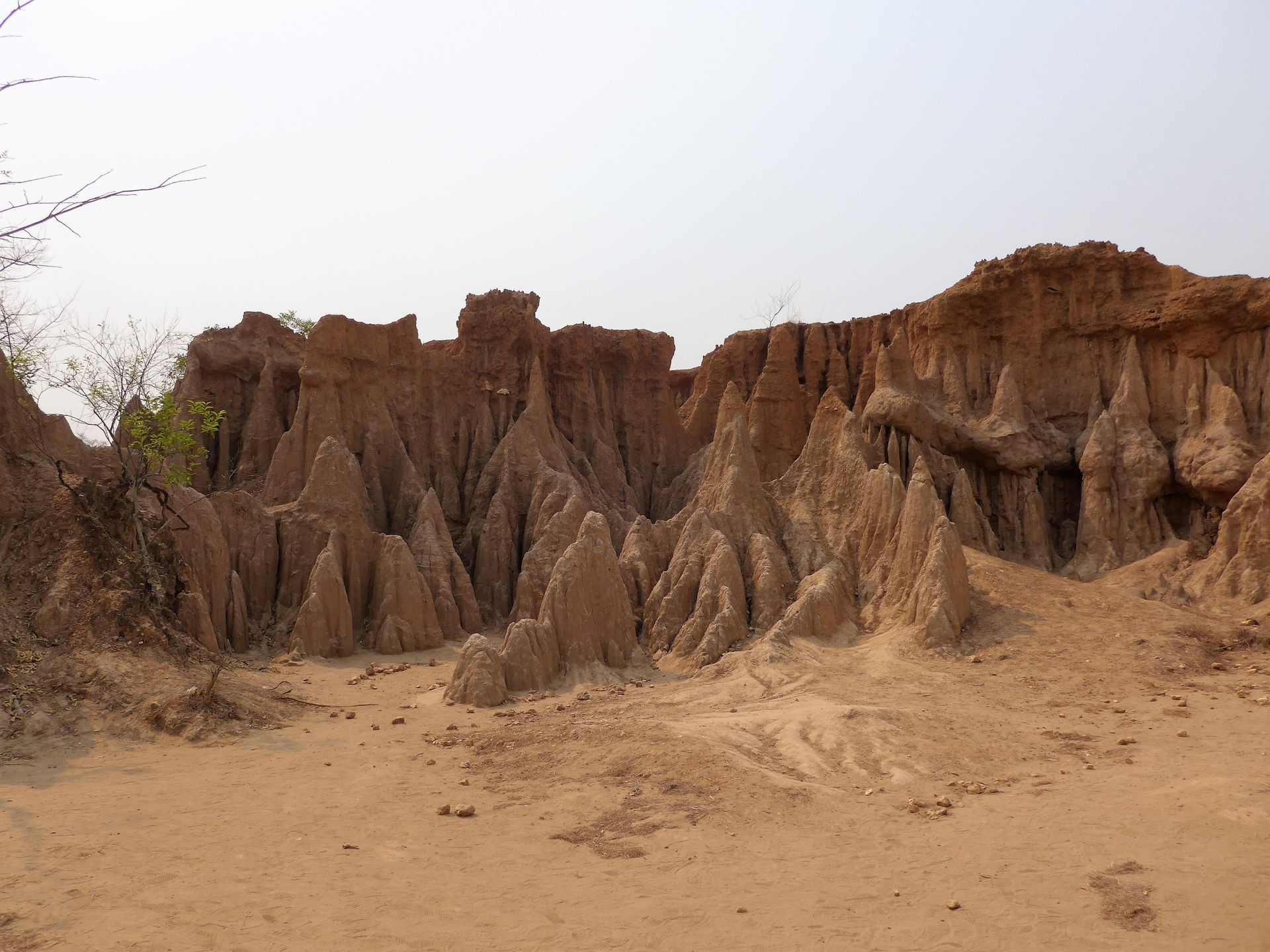
Due to erosion, different shapes had formed here, on which even trees grew.
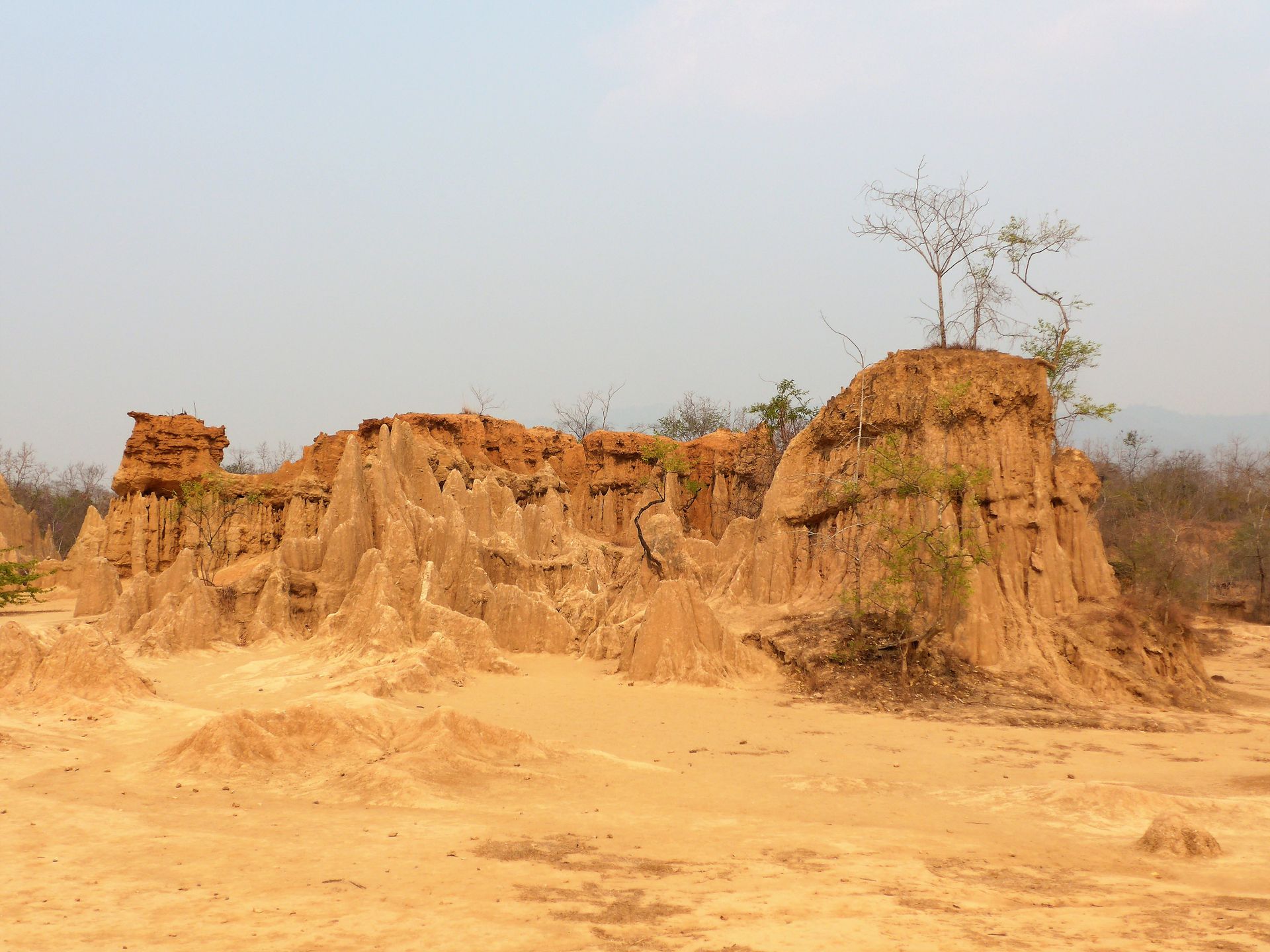
You could even go into a crevice and it felt like being in a small canyon.

One driveway further, the road was being reconstructed. But since half of it was already there, we could still drive in despite the construction work. The access was not blocked because of the construction. The construction worker just stepped aside when we arrived. Shortly afterwards, the paved part suddenly ended and we were very grateful that we were driving an all-wheel-drive car. That's how we got to the next rock formations and back to the road.

Now it was already quite late when we arrived in Nan. So we decided to drive only to Wat Phra That Khao Noi for the sunset. This temple is located on a mountain from which you can see the city of Nan. There is also a huge Buddha statue there.

Unfortunately, it was still so foggy that we couldn't see the sunset. So after a brief look, we drove back and passed Wat Sri Panton, which shone very golden.

The next morning we first drove to the "Noble House" in Nan, an almost 200-year-old wooden residential house.

Today there is an exhibition here, which we were guided through by a friendly young man who tried to tell us something about the various rooms in English.
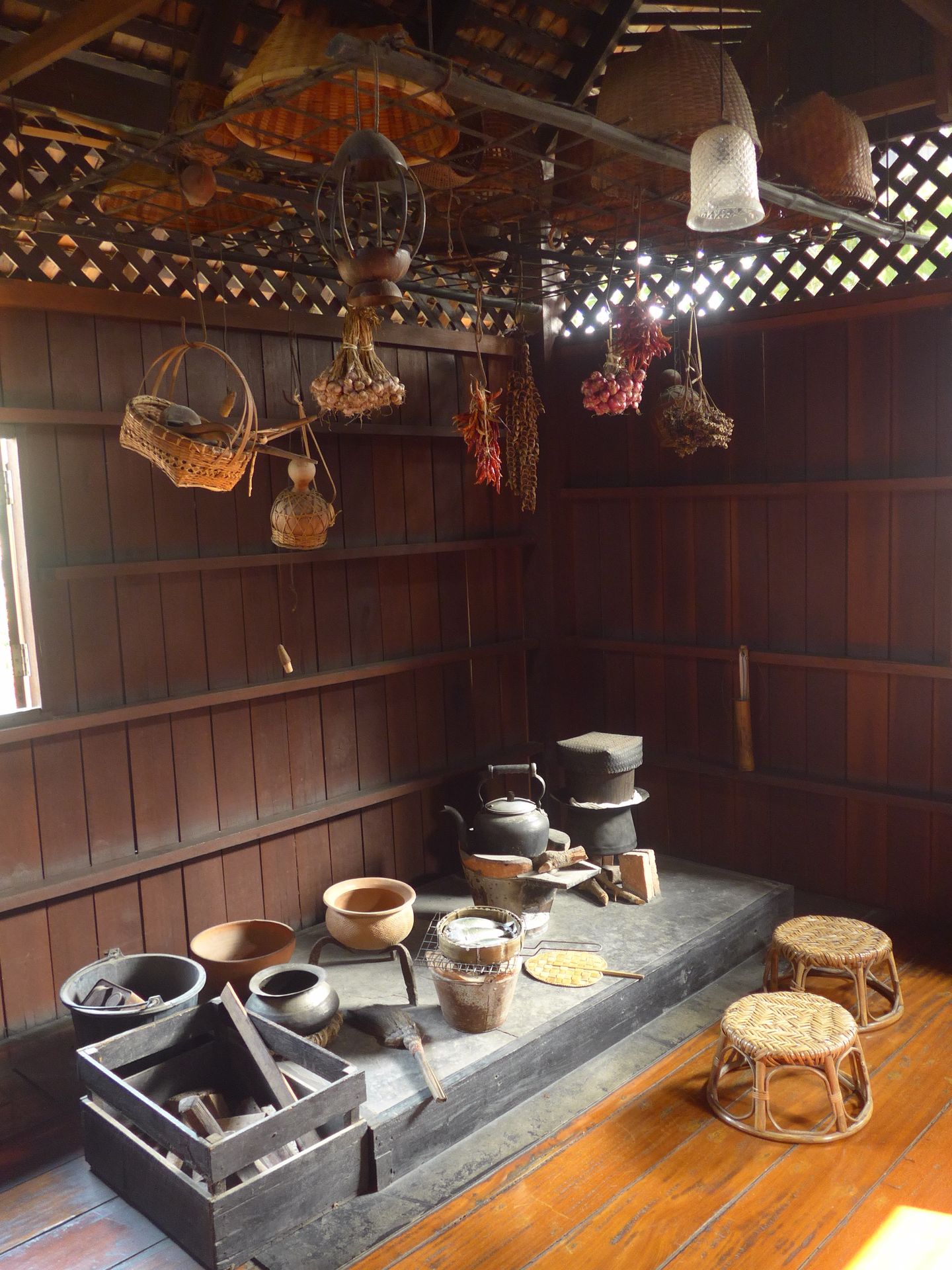
Afterwards, a lady showed us how cotton yarn is made and explained the different patterns of exhibited sarongs. Her explanations were half Thai, half English, so we didn't understand everything.
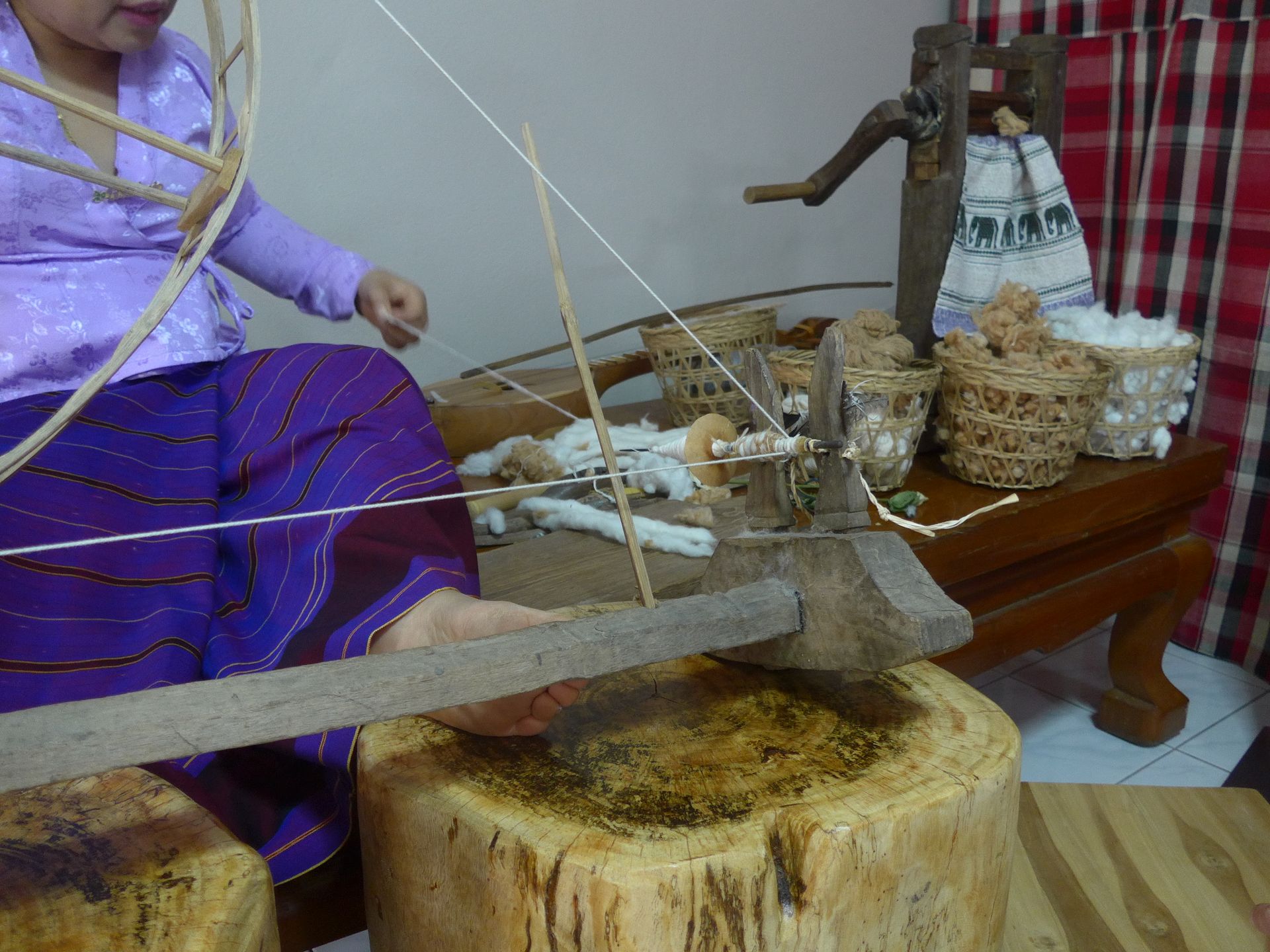
We also visited two temples in Nan: First, we drove to Wat Phumin.

This temple is famous above all for its wall paintings from the 19th century, which depict local religious narratives and everyday scenes.
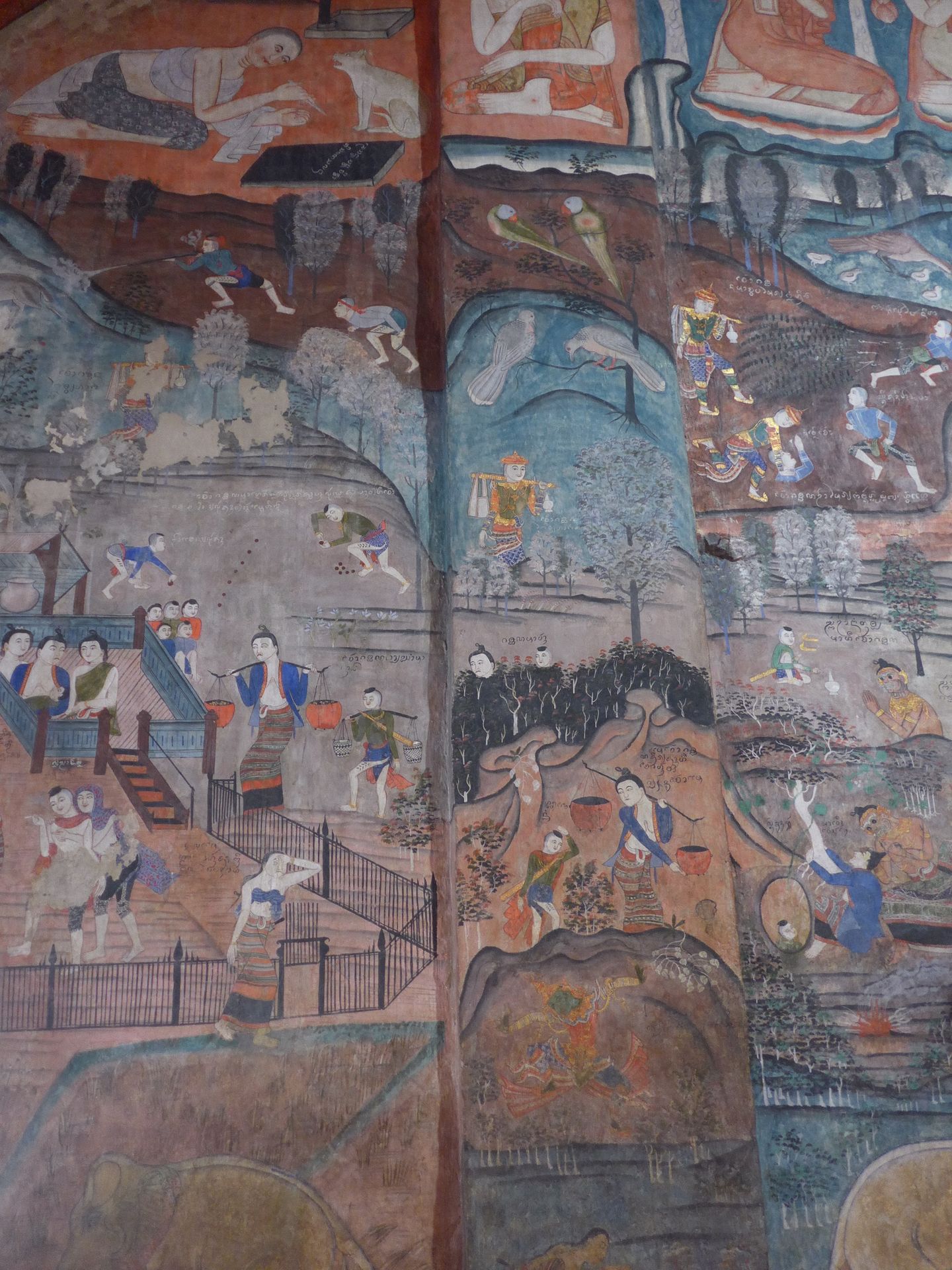
Finally, we visited Wat Ming Muang, a white temple that reminded us of the village temple we had seen the day before.
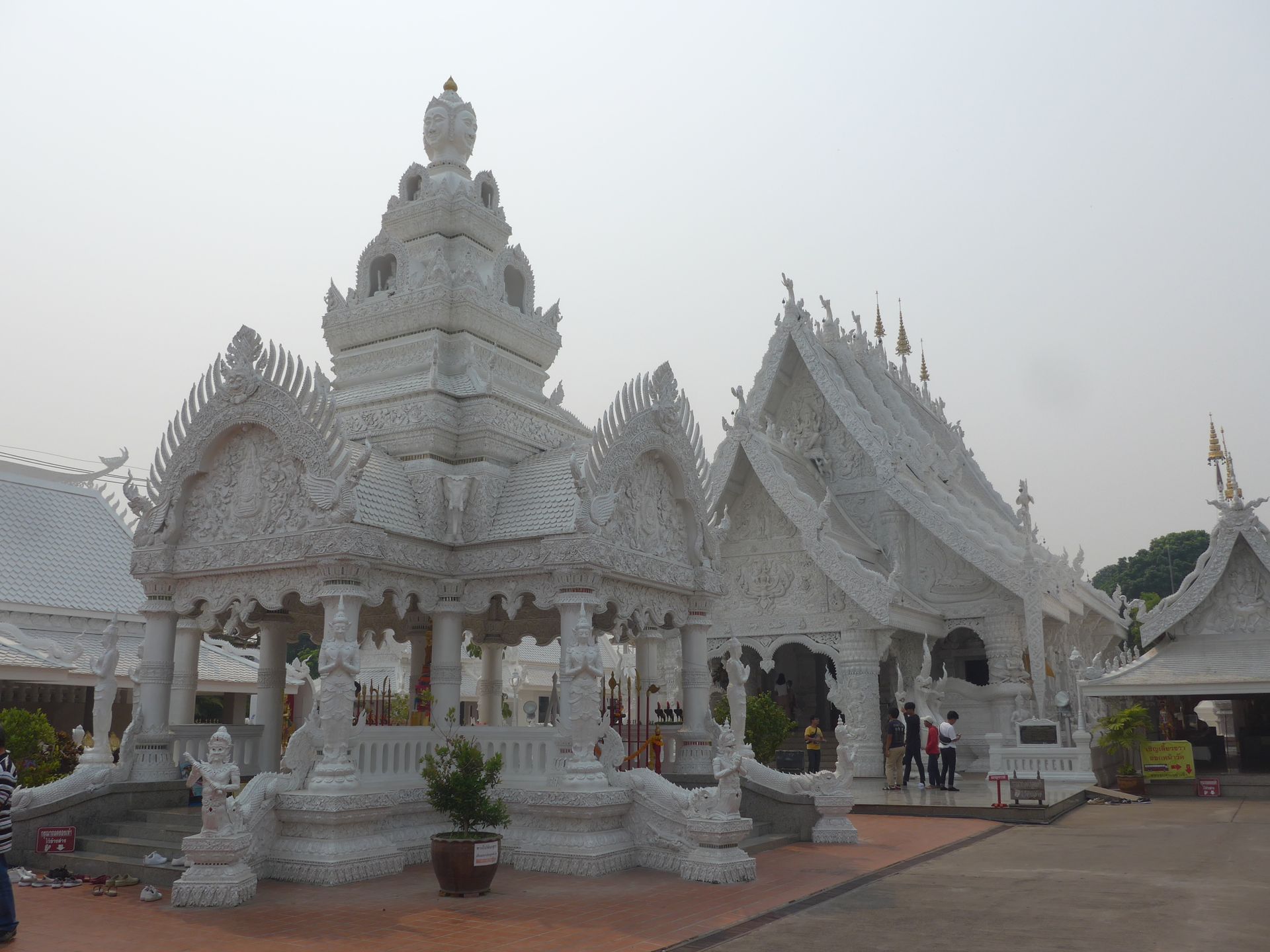
Then we set off towards Chiang Rai.
Ngalanggan Newsletter
Waleran
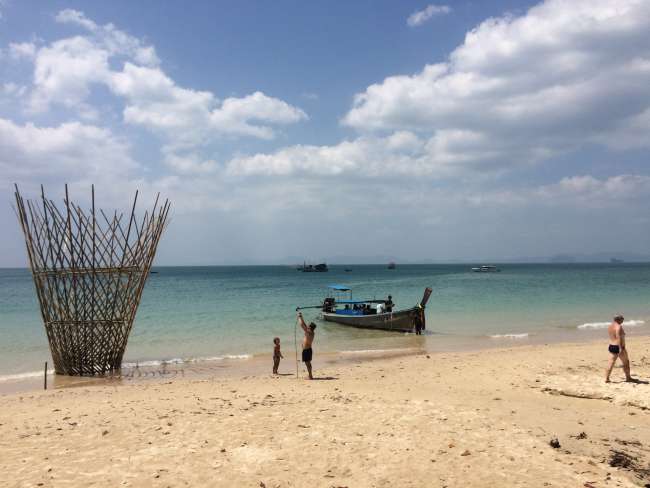
Laporan perjalanan Thailand
